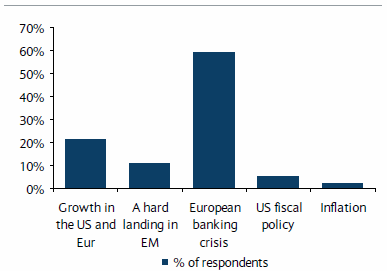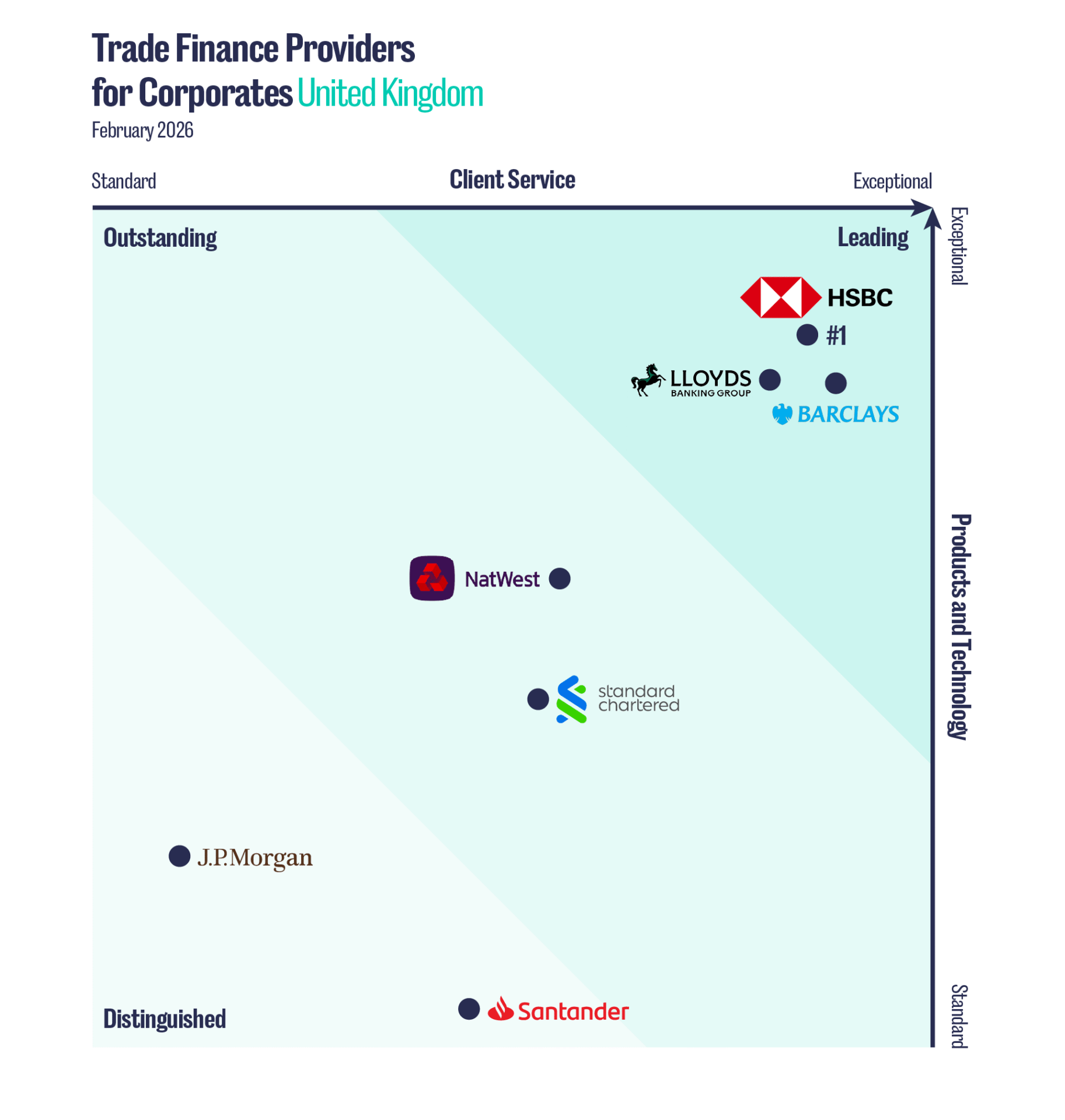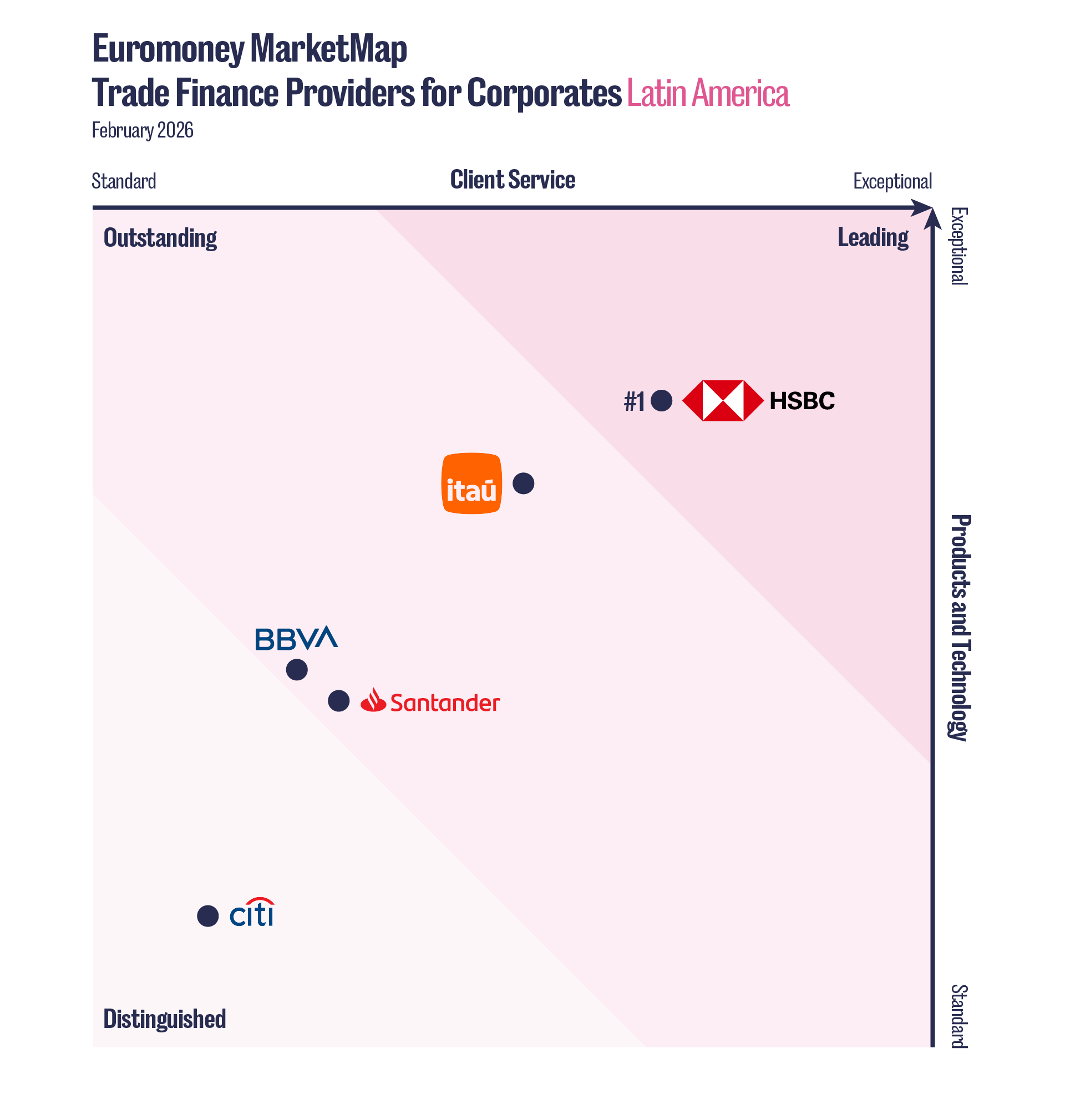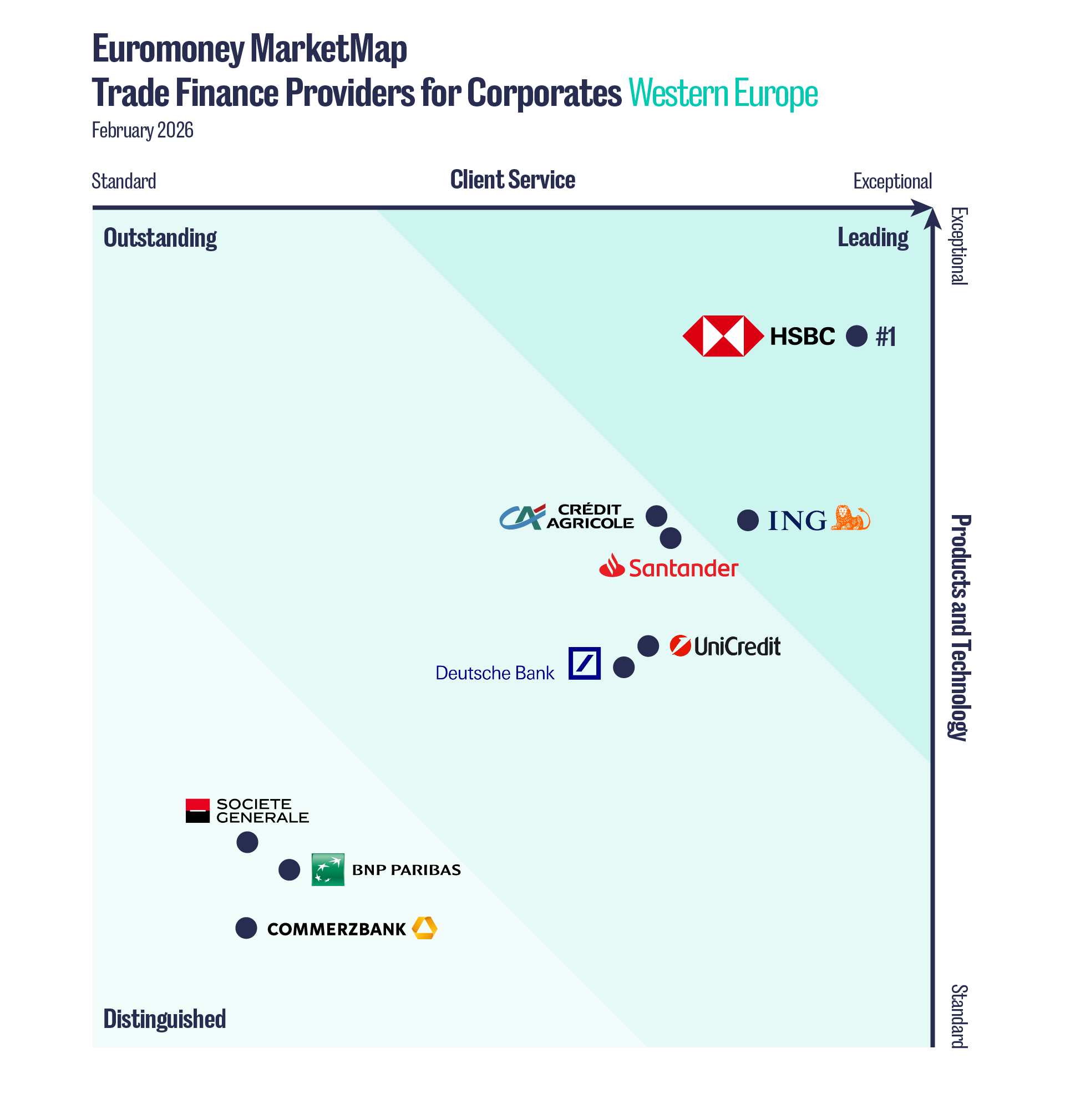In a survey of 500 of its institutional clients released this week, 60% of respondents said banking contagion was their primary fear, representing a reversal from the previous quarter when 57% of respondents said slower growth in the US was the biggest threat. This quarter, just 20% cited slower growth in the US and Europe as the primary concern. Barclays cut its euro one-month forecast to 1.33 from 1.42, and its three-month forecast to 1.25 from 1.46.
Further underpinning the bank’s bearish view, Barclays says the ECB is coming under more pressure to take swift action using a series of policy measures to prevent recessionary risks and avoid a systemic banking crisis, including interest rate cuts, continued intervention in the secondary bond markets, the lowering of overnight deposit rates, and ECB backing for corporate bonds.
“The ECB is now in a situation where it must seriously consider cutting rates to accommodate the negative growth risks fiscal consolidation measures carry,” Frank Engels, BarCap’s head of global asset allocation, told reporters at its global outlook briefing today. The ECB will be able to do this without any near term fear of inflationary risks, he added.
An ECB rate cut would take away significant support for the euro and the single currency should depreciate in the near term. Moreover, as a long-term resolution of Europe’s sovereign debt crisis needs to be approved by 17 eurozone nations – and that will take time to organize – the situation is likely to get worse before any real steps to resolve the crisis are taken. That means the euro is likely to come under significant pressure, according to Engels.
| BarCap survey on macro risks |
 |
| Source: Barclays Capital |



